Following the legendary previous 8 editions of The UnDutchables, the 9th edition of this all time best seller (more than 300,000 copies sold since 1999) is now available in the Netherlands.
 The UnDutchables takes an in-depth humorous look at Dutch life, quirks and character. With subjects varying from coffee drinking habits to child rearing, from bargain hunting to food, and from train travel to the Dutch ‘water closet’, it is considered by many foreigners and expats to be a survival guide for living in the Netherlands. This book also includes tips on learning the Dutch language, including appendices on Dutch idioms, expressions, and homonyms.
The UnDutchables takes an in-depth humorous look at Dutch life, quirks and character. With subjects varying from coffee drinking habits to child rearing, from bargain hunting to food, and from train travel to the Dutch ‘water closet’, it is considered by many foreigners and expats to be a survival guide for living in the Netherlands. This book also includes tips on learning the Dutch language, including appendices on Dutch idioms, expressions, and homonyms.
The 9.0 edition has undergone a thorough editorial revision to catch up with the major developments of Dutch society since the previous edition appeared 6 years ago. This edition has been updated with new illustrations and photos, for a fresh and contemporary look.
Take a peak inside here
Read the interview with the authors on DutchNews


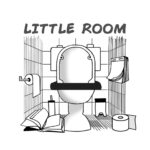


- Authors: Colin White & Laurie Boucke
- Illustrations: Joke Schat
- Cover design: Huug Schipper, Studio Tint
- 292 pages
- Size: 136 mm w x 210 mm H
- Paperback / softback
- Language: English
- Price Europe: € 18.95
- Publication date: 1 Nov. 2023
- ISBN/EAN: 9789463192965
- NUR-code: 740
 Useful links
Useful links
For more info: www.undutchables.com
Available in major bookstores and webshops such as: www.hollandbooks.nl
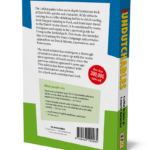
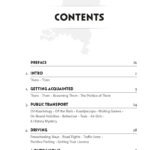
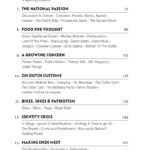
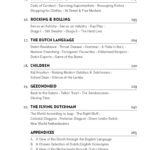
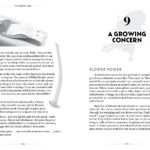

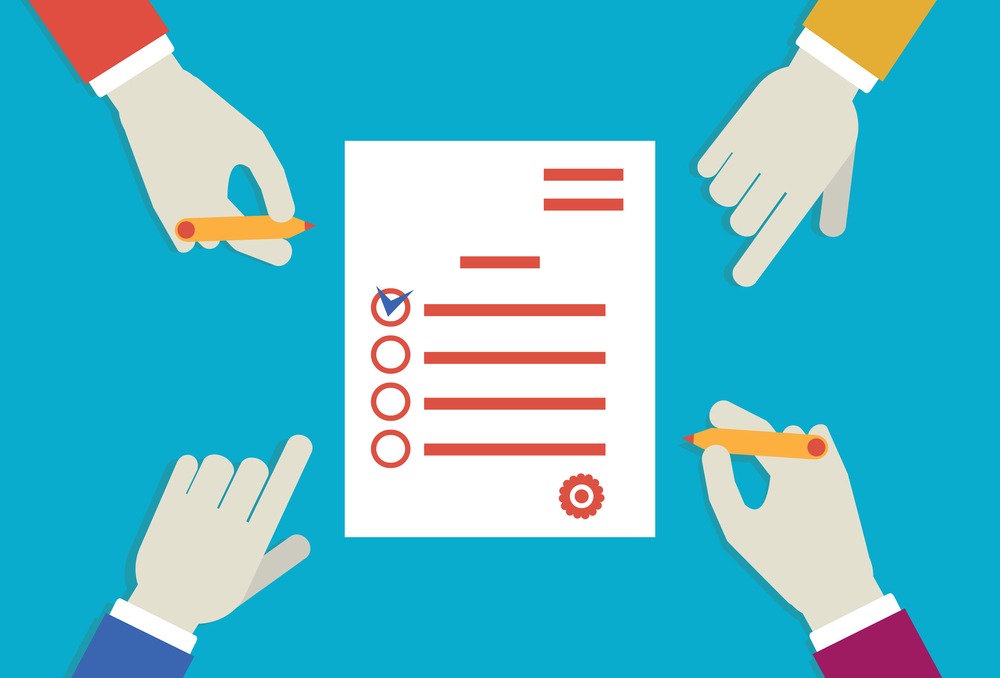

 If you are renting of have bought a historic Dutch home, your home may have single glazing. For historic properties, there are guidelines in places as to what the options are when it comes to replacing glazing to make your home a warmer place. If you find yourself in a single-glazed property, thick curtains and radiator foil will help to keep the heat inside. If you own a home, check with your local council to see what subsidies and schemes are currently available to further insulate your home and make it more sustainable. You could also ask for advice at a Dutch DIY store such as
If you are renting of have bought a historic Dutch home, your home may have single glazing. For historic properties, there are guidelines in places as to what the options are when it comes to replacing glazing to make your home a warmer place. If you find yourself in a single-glazed property, thick curtains and radiator foil will help to keep the heat inside. If you own a home, check with your local council to see what subsidies and schemes are currently available to further insulate your home and make it more sustainable. You could also ask for advice at a Dutch DIY store such as  Dutch homes are known for their many, spacious windows. This comes with the added benefit of having a lot of daylight flooding into your home. If you want to ‘Go Dutch’ you may want to add some
Dutch homes are known for their many, spacious windows. This comes with the added benefit of having a lot of daylight flooding into your home. If you want to ‘Go Dutch’ you may want to add some  You may be lucky enough to have found a home that comes with a garden, balcony or roof terrace. As the Netherlands is a rainy and stormy country, rain covers for outdoor items are a great investment. You may also want to install the
You may be lucky enough to have found a home that comes with a garden, balcony or roof terrace. As the Netherlands is a rainy and stormy country, rain covers for outdoor items are a great investment. You may also want to install the 

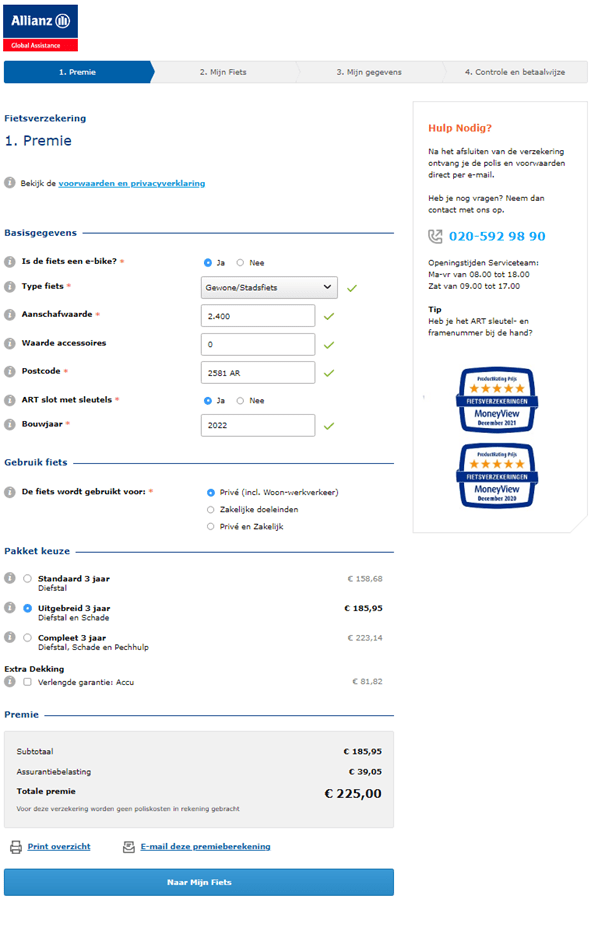
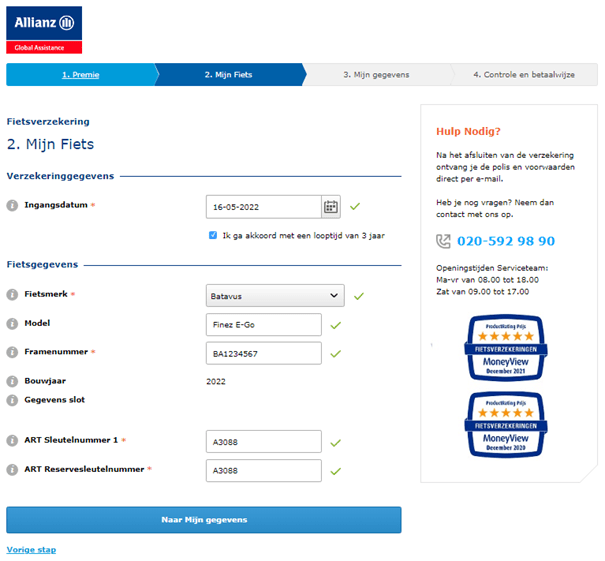
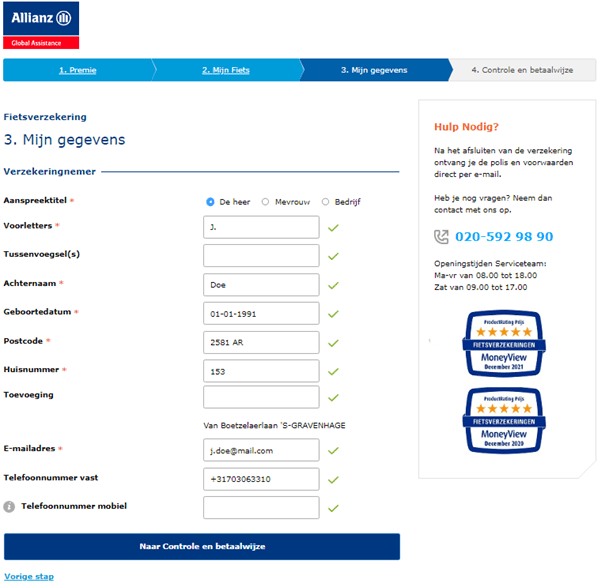
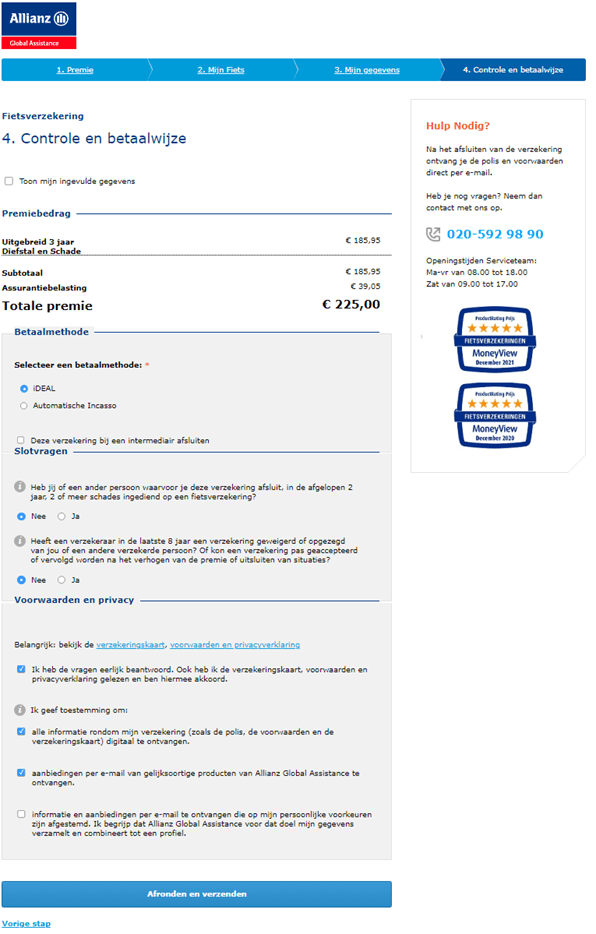
 Tip
Tip 
 If you feel like skipping your
If you feel like skipping your  Within the
Within the  If your Dutch neighbour, colleague, teacher or friend is having a baby, it is highly likely you will be invited for ‘
If your Dutch neighbour, colleague, teacher or friend is having a baby, it is highly likely you will be invited for ‘ In some parts of the Netherlands, the feast of
In some parts of the Netherlands, the feast of  Though there has been some political and even international debate about
Though there has been some political and even international debate about  In some Dutch families, it is a
In some Dutch families, it is a 
 With the Netherlands being a
With the Netherlands being a  With
With 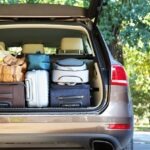 When booking a holiday or outing via a Dutch company, and you find that something is not in order upon arrival, you must lodge your complaint right there & then in order to have a legal right to be entitled for a refund. Take photos on site and save all related proof and correspondence. Do not wait until you arrive home to address the matter.
When booking a holiday or outing via a Dutch company, and you find that something is not in order upon arrival, you must lodge your complaint right there & then in order to have a legal right to be entitled for a refund. Take photos on site and save all related proof and correspondence. Do not wait until you arrive home to address the matter. With
With  Recommended reading
Recommended reading
 The Netherlands is a
The Netherlands is a  Whereas in other countries it may be completely okay to display a national flag all year round, The Netherlands has strict protocol for using the national banner. Fines are in places for violating protocol. Traditional Dutch homes will have a flag pole holder attached to the front of the home, right next to the front door, whereas you may also see flag pole holders in the gardens of larger detached homes. The national banner is normally on display on King’s Day (April 27) as well as on the birthdays of members of the Royal Family. The Dutch flag is traditionally raised to half-mast on May 4th for the national commemoration of the Second World War. On national festive occasions such as King’s Day the orange wimpel, an additional orange banner, is on display together with the Dutch flag. The orange wimpel symbolizes the House of Orange, as the Dutch Royal family is also named.
Whereas in other countries it may be completely okay to display a national flag all year round, The Netherlands has strict protocol for using the national banner. Fines are in places for violating protocol. Traditional Dutch homes will have a flag pole holder attached to the front of the home, right next to the front door, whereas you may also see flag pole holders in the gardens of larger detached homes. The national banner is normally on display on King’s Day (April 27) as well as on the birthdays of members of the Royal Family. The Dutch flag is traditionally raised to half-mast on May 4th for the national commemoration of the Second World War. On national festive occasions such as King’s Day the orange wimpel, an additional orange banner, is on display together with the Dutch flag. The orange wimpel symbolizes the House of Orange, as the Dutch Royal family is also named. Where other countries may proudly market their maple syrup, marmite or treacle, The Netherlands has something else for you to try. Traditional Dutch appelstroop is a healthy, gelly, thick apple butter which would traditionally be eaten on bread or toast but can also be added to yoghurt or other foods. Packed with vitamin C and iron, it is a tasty and healthy traditional Dutch food item.
Where other countries may proudly market their maple syrup, marmite or treacle, The Netherlands has something else for you to try. Traditional Dutch appelstroop is a healthy, gelly, thick apple butter which would traditionally be eaten on bread or toast but can also be added to yoghurt or other foods. Packed with vitamin C and iron, it is a tasty and healthy traditional Dutch food item. There is nothing quite like a plate of hot poffertjes topped with powdered sugar and a tiny bit of butter. The traditional Dutch poffertjespan is made of cast iron and will last a lifetime. Rinse it with water and let it airdry. Avoid washing up liquid.
There is nothing quite like a plate of hot poffertjes topped with powdered sugar and a tiny bit of butter. The traditional Dutch poffertjespan is made of cast iron and will last a lifetime. Rinse it with water and let it airdry. Avoid washing up liquid. Another item you will find in every Dutch home that will re-appear annually is the bag of St. Nicholas, more commonly known as
Another item you will find in every Dutch home that will re-appear annually is the bag of St. Nicholas, more commonly known as  BBQ-ing is very popular in The Netherlands and very much part of the smell of Summer. The Dutch enjoy bbq-ing in their gardens or on their roof terrace or balcony and it is always a popular way to feed people at community events or even weddings. BBQ-ing may or may not be allowed on certain beaches and recreational sites, do check the signs when you get there. You will find BBQ’s in all shapes, sizes, colours and price ranges, from very cheap single use ones up to very fancy ones at garden centres and a wide range of other stores. If you rent or own an apartment, check your Vereniging van Eigenaren (Home Owners Association) house rules to find out whether you are allowed to BBQ in your garden, on your balcony or in communal areas.
BBQ-ing is very popular in The Netherlands and very much part of the smell of Summer. The Dutch enjoy bbq-ing in their gardens or on their roof terrace or balcony and it is always a popular way to feed people at community events or even weddings. BBQ-ing may or may not be allowed on certain beaches and recreational sites, do check the signs when you get there. You will find BBQ’s in all shapes, sizes, colours and price ranges, from very cheap single use ones up to very fancy ones at garden centres and a wide range of other stores. If you rent or own an apartment, check your Vereniging van Eigenaren (Home Owners Association) house rules to find out whether you are allowed to BBQ in your garden, on your balcony or in communal areas.

